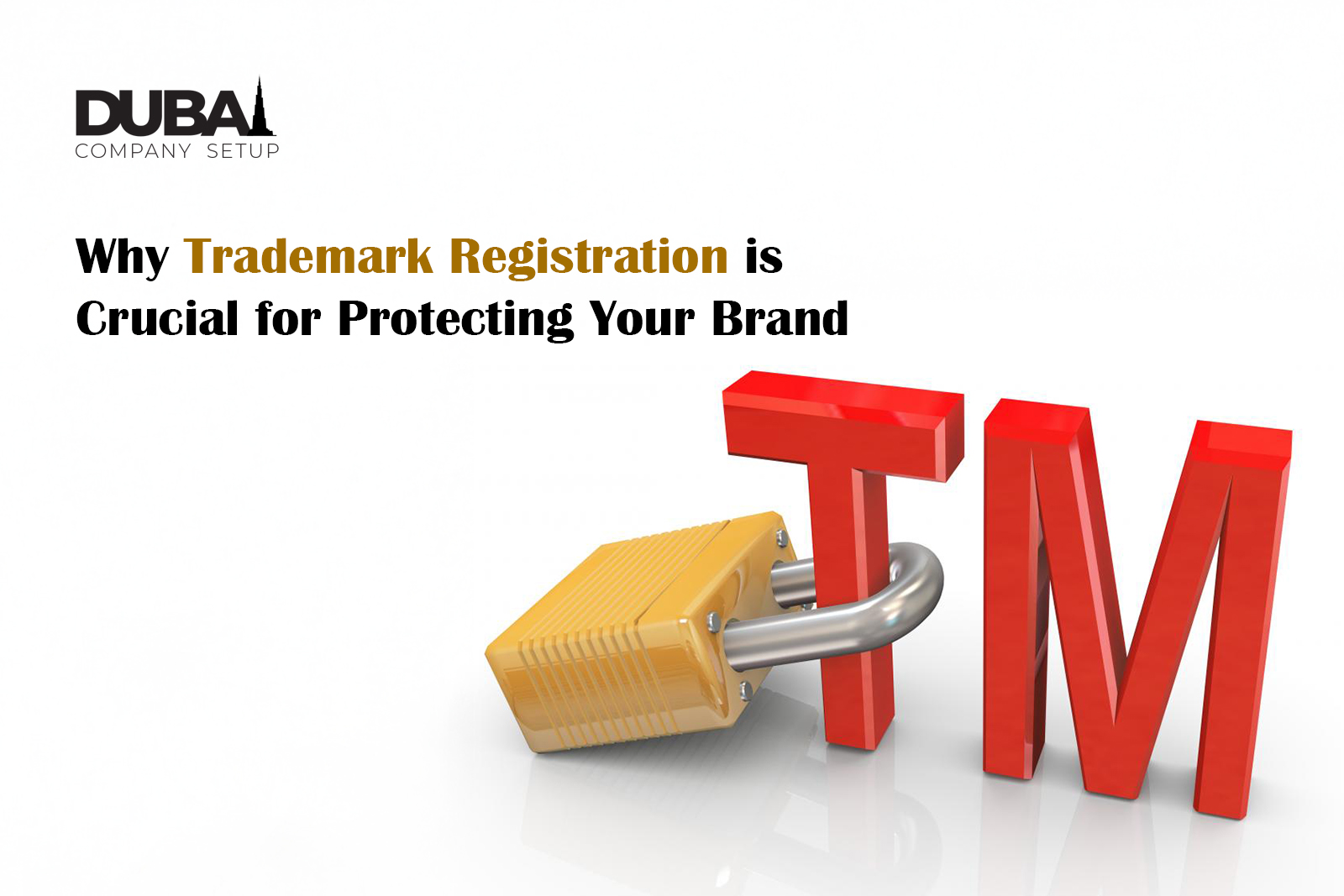Dubai Company Setup is widely regarded as an excellent opportunity for entrepreneurs and investors seeking to tap into a thriving, business-friendly environment. The city’s strategic location, world-class infrastructure, and competitive tax policies make it an attractive destination for international ventures. With access to diverse markets and industries, Dubai offers unmatched potential for business growth and expansion. Entrepreneurs can benefit from a well-regulated environment and streamlined processes, making the setup process a key step towards achieving success in the region’s dynamic economy.

Step 1: Determine Your Business Activity and Legal Structure
The first and most crucial step in setting up a company in Dubai is deciding on your business activity and legal structure. Dubai offers several options for legal structures, including:
- Mainland Company: Ideal for businesses that want to operate in the local UAE market.
- Free Zone Company: Best for those focusing on international trade and offering 100% ownership.
- Offshore Company: Suitable for companies aiming to optimize tax benefits and asset protection.
Selecting the right business activity and legal structure is essential as it impacts licensing, ownership, and operational restrictions.
Step 2: Choose the Right Jurisdiction
Dubai is divided into three main jurisdictions: Mainland, Free Zones, and Offshore. Each jurisdiction has its own regulations, benefits, and limitations.
- Mainland: Allows businesses to trade freely within the UAE market.
- Free Zone: Offers tax exemptions, 100% foreign ownership, and no currency restrictions.
- Offshore: Focuses on international operations and asset management.
Your choice will depend on your business objectives, target market, and operational requirements.
Step 3: Obtain a Trade License
A trade license is mandatory for all businesses operating in Dubai. The three primary types of trade licenses include:
- Commercial License: For trading activities.
- Professional License: For service-oriented businesses.
- Industrial License: For manufacturing and industrial activities.
You must submit the required documents, including your business plan, shareholder details, and legal agreements, to the Department of Economic Development (DED) or the respective Free Zone authority.
Step 4: Secure an Office Space
Every business in Dubai must have a registered office address. Depending on your jurisdiction, you can opt for physical office space or a flexi-desk in Free Zones. Office space requirements vary based on the type of business activity and jurisdiction regulations.
- Mainland Companies: Require physical office space.
- Free Zone Companies: Offer virtual offices, flexi-desks, or dedicated offices.
Step 5: Complete Registration and Visa Processes
After obtaining your trade license, the final step involves completing your company registration and processing visas for employees, investors, and shareholders. Key tasks include:
- Opening a corporate bank account.
- Applying for visas for employees and dependents.
- Ensuring compliance with local labor laws and regulations.
Once these steps are complete, your company will be fully operational.
Benefits of Dubai Company Setup
Setting up a business in Dubai comes with several advantages, including:
- Strategic Location: Access to global markets.
- Tax Benefits: Zero personal and corporate income tax in Free Zones.
- 100% Foreign Ownership: In Free Zones and select Mainland sectors.
- Business-Friendly Environment: Transparent laws and regulations.
- World-Class Infrastructure: State-of-the-art facilities and services.
FAQs
How long does it take to set up a company in Dubai?
Can a foreigner own 100% of a business in Dubai?
Yes, in Free Zones and certain Mainland sectors, foreign entrepreneurs can own 100% of their business without needing a local sponsor. This ownership structure gives investors full control while benefiting from the UAE’s robust business environment.
What are the common challenges faced during company setup?
Common challenges include understanding the regulatory requirements, selecting the right jurisdiction (Mainland or Free Zone), and preparing the necessary documents. Additionally, entrepreneurs may face delays in obtaining approvals and navigating visa processes, which could affect the setup timeline.
What is the cost of obtaining a trade license in Dubai?
The cost of obtaining a trade license varies depending on the business type, chosen jurisdiction, and office space requirements. Free Zones typically offer cost-effective packages, while Mainland businesses may incur higher costs due to additional regulatory and office space fees.
Why is Dubai considered an ideal location for business setup?
Dubai offers numerous advantages, including a prime strategic location connecting East and West, world-class infrastructure, favorable tax policies (such as no personal income tax), and a thriving, investor-friendly environment. These factors make Dubai an ideal location for entrepreneurs seeking global expansion and business growth.
Conclusion
Setting up a company in Dubai Company Setup offers numerous opportunities for growth and success. By carefully selecting your business activity and jurisdiction, and complying with legal requirements, you can establish a thriving enterprise in this global business hub. Partnering with a professional consultancy can also streamline the process, ensuring your business is set up efficiently and in compliance with UAE laws.
Take the first step today, and make your dream of owning a successful business in Dubai a reality!





